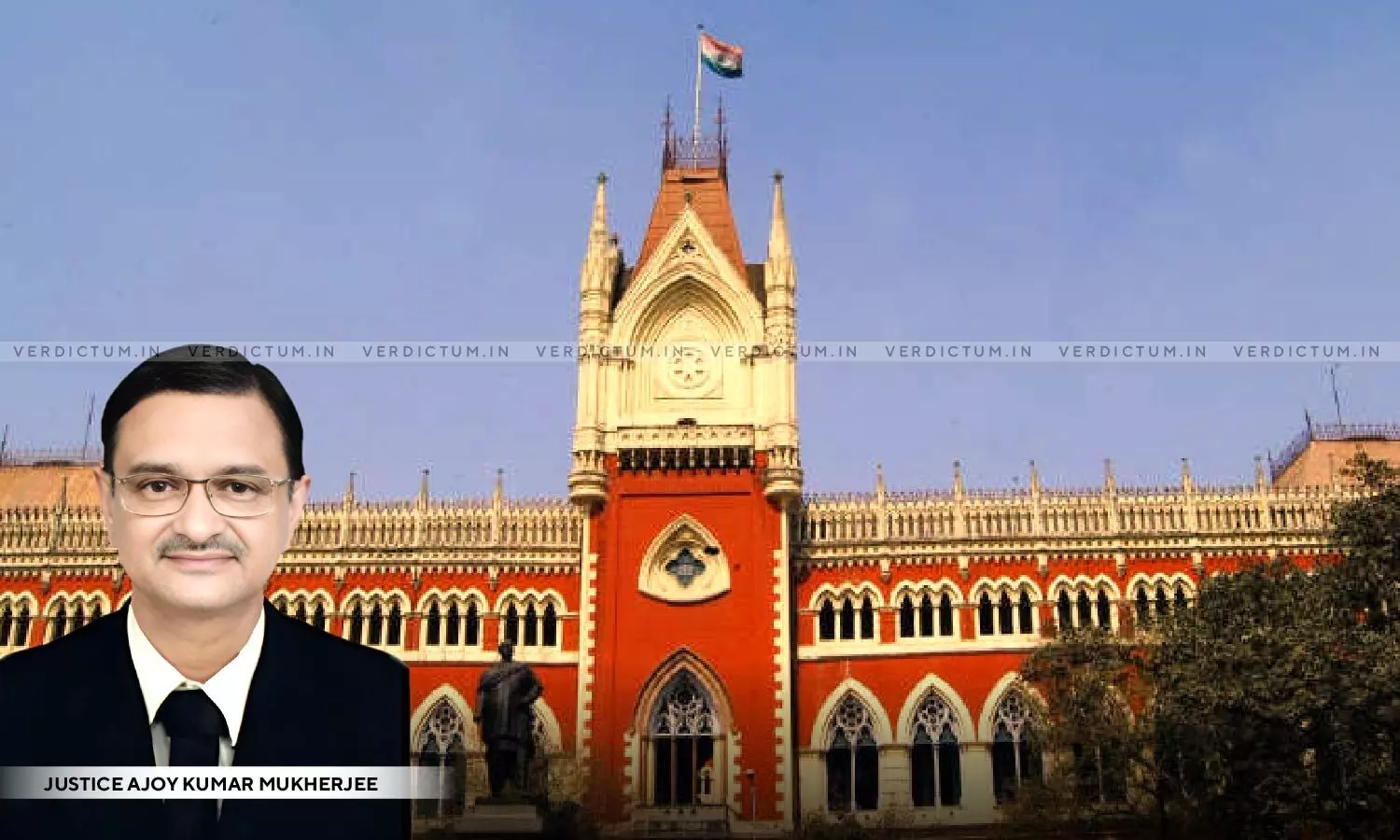
If Bank Transfers Any Employee As Per The Policy Then It Does Not Constitute Criminal Intimidation: Calcutta HC
 |
|The Calcutta High Court dismissed a complaint case filed by an employee against the Human Resource Department Manager (Manager) of IDBI Bank. The employee had been transferred from the West Bengal Branch to the Tripura Branch while an internal investigation into sexual harassment allegations against them was ongoing. The employee accused the HR Manager of creating a transfer plan to implicate them and filed a complaint under Sections 506 and 120B of the Indian Penal Code (IPC) against the Manager.
The Court noted that transferring an employee from one branch to another, even if it's in a different state, is not a punishable offence under Section 506 of IPC if it's allowed under the transfer policy of the bank authority. Such a transfer doesn't meet the criteria for being considered a threat to harm the reputation or property of the complainant, which is a necessary element for constituting an offence under this section, the Court emphasised.
Justice Ajoy Kumar Mukherjee observed, “In fact in the present case there is absolutely nothing to establish that there was any agreement with the petitioner herein to commit any illegal act or any legal act by illegal means. If the bank authority decided to transfer any of it’s employee from one place of posting to another branch, may be in a distant state, which is permissible under the transfer policy, that must not constitute any offence punishable under section 506 of I.P.C, since it does not amount to threat to cause any 'injury'".
Advocate Ayan Bhattacharya appeared for the Petitioner and Advocate Prosenjit Mukherjee appeared for Respondent no. 2.
One Ms Dutta made a sexual harassment complaint against Respondent no. 2, which was forwarded to the Branch Manager and then the Regional Manager. An enquiry was commenced regarding the allegation stated in the complaint. Meanwhile, Respondent no. 2 was transferred from West Bengal to the Tripura Branch of IDBI Bank. Respondent no. 2, after that, filed a suit for defamation before the Civil Judge because the complaint was a false and concocted story by the Petitioner (Accused no. 2 in the complaint) to ensure the transfer of Respondent no. 2. The Petitioner contended that he was neither part of the internal complaint committee nor was part of the decision-making authority. The Petitioner further contended that, per the Bank rules, officers with more than five years of experience are generally liable for transfer. The Tripura Branch needed an experienced officer, so Respondent no. 2 was transferred for the same reasons. The Civil Judge passed an order and issued a process against Petitioner under Sections 120B and 506 of the Indian Penal Code (IPC). The Petitioner filed a Criminal Revision Application before the High Court, challenging the order.
The Court observed that criminal conspiracy offences require ‘an agreement to commit an offence’. No evidence was produced to establish that the Petitioner made any such agreement in this case.
The Court noted that taking cognizance under Section 190 IPC is a judicial act requiring proper application of the judicial mind. The Court held that before initiating any criminal proceedings, a magistrate must determine if there is a prima facie case against the accused. Such action requires carefully examining the evidence presented to see if the accused has committed an offence.
“Accordingly before issuing process, the learned Magistrate has to record his satisfaction about prima facie case against petitioner/accused no. 2 and role played by her which is sine qua non for initiating the criminal proceeding against her. Magistrate’s role is not like a silent spectator at the time of recording of preliminary deposition before issuance of process under section 204 of the Cr.P.C. The Magistrate is duty bound to carefully scrutinize the deposition to find out the truthfulness of the allegation and then to examine if any offence is prima facie committed by the accused", the Court noted.
The Court asserted that the accused cannot be held responsible for the actions of others unless specific allegations are made against them in relation to their actions. The law requires an investigation before initiating proceedings against an accused person outside the magistrate's jurisdiction. The Court noted that the Magistrate, in the case, failed to provide any reason for taking cognizance against the Petitioner of the offence against the Petitioner, which shows a lack of judicial consideration.
"In the absence of specific allegation merely because petitioner holds a higher post so she cannot be vicariously liable, unless specific allegation and averments against her has been imputed with respect of her specific role. Accordingly issuance of process against the present petitioner by the impugned order, either under section 506 or under section 120B is perverse and not sustainable in the eye of law", the Court asserted.
Accordingly, the Court allowed the Application.
Cause Title: Debarati Banerjee v The State of West Bengal & Anr.